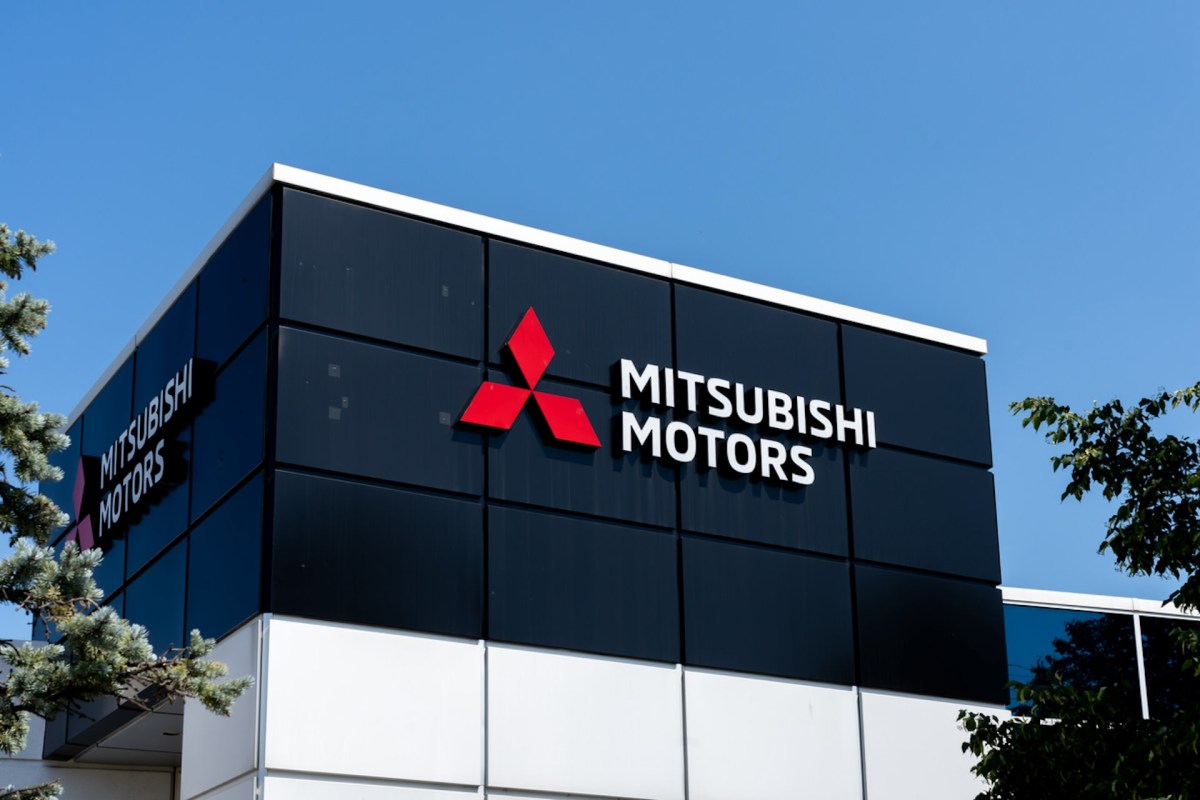Citing an expanding electric vehicle market, two global tech companies are partnering to build better silicon carbide microchips — what an industry trade association calls the "brains of modern electronics."
The news from Mitsubishi Electric Corp. and Nexperia (based in Japan and the Netherlands, respectively) is hoped to result in "lower energy loss, higher operating temperatures, and faster switching speeds" than the typical silicon chips, also called semiconductors, per a report from tech news site Teslarati.
The ST Blog lays out the on-road potential clearly: The new tech is expected to result in up to 15% more range and help to provide a recharge that is "twice as fast." Abbreviated as "SiC chips," they achieve the better performance via operating at higher voltages than common silicon ones, improving charge times. To travel a greater range, SiC chips are highly — more than 90% — efficient.
"Thanks to their ability to turn on and off tens of thousands of times per second. This efficiency means that power losses within EV systems are a lot less. Therefore, the charge held in their batteries lasts longer and the range is extended," per the blog.
Now, Mitsubishi and Nexperia plan to combine their SiC experience for greater gains.
"We are delighted to enter into this co-development partnership that will leverage the semiconductor technologies of both companies," Mitsubishi Executive Officer Masayoshi Takemi said in the Teslarati story.
Battery technology is exploding with innovations, with new types of anodes, cathodes, and electrolytes being developed to improve range, charge times, and safety.
Microchips — there are "more than 100 billion integrated circuits in daily use" worldwide — are a strong sector in the United States, according to the Semiconductor Industry Association. America has about half the world's market share, at $275 billion.
The international partnership could stake a greater claim in the burgeoning market, however, the two companies involved are far from microchip novices.
Mitsubishi has been working on SiC chips for decades, for appliances and even bullet trains. Nexperia has great experience designing and making diodes, transistors, and other semiconductor devices for the automotive, industrial, and other sectors, per the company website.
The partners also want to help create a more sustainable future with cleaner air. EVs governed by better "brains" will help achieve the goal.
"This mutually beneficial strategic partnership … represents a significant stride in Nexperia's silicon carbide journey," Nexperia Senior Vice President Mark Roeloffzen said in the press release.
Join our free newsletter for weekly updates on the coolest innovations improving our lives and saving our planet.









